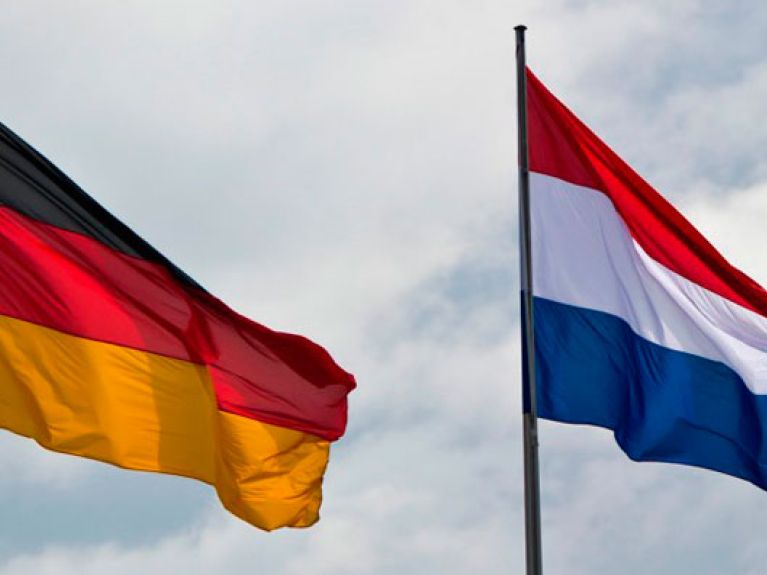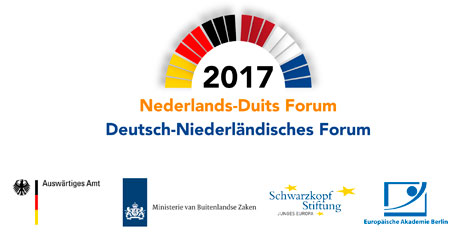What makes for successful integration?
At the Dutch-German Forum in Berlin representatives of the two countries will discuss a topic that concerns everyone.

Reading another country’s books and getting to know its culture is what the focus on the Guest of Honour country at the annual Frankfurt Book Fair is all about. In 2016 the Netherlands assumed this role jointly with Flanders at the international book show. The motto of its presentation was “This is what we share”.
The same heading could also be used for the Dutch-German Forum. These meetings of representatives of civil society, research and politics emphasise what unites rather than divides the two countries. Participants seek solutions to common challenges – and the next time this will happen is on 17 and 18 January in Berlin. It is the 14th gathering of this kind since 1996. That was when the Dutch Foreign Minister, Pieter Kooijmans, and his German counterpart, Klaus Kinkel, founded the forum in response to the critical image of Germany in the Netherlands.
Demographic change and the future of Europe
Since then representatives of the two countries have discussed a topical subject every 18 months. In past years, for example, the subjects have included demographic change, digitalisation and the future of Europe. The fact that participants aim to discover what they have in common does not mean they do not engage in controversial debate.
At the 2002 forum, for example, there was intense discussion of euthanasia. Whereas Dutch speakers solidly supported a liberal approach, the German contributions to the debate were strongly marked by a more traditional ethical position, the influence of the churches and, above all, the memory of the form of euthanasia practised in Nazi Germany.
The current meeting focuses on the subject of migration and integration. The reason for this is the large number of refugees who have sought protection in Europe since 2015. In workshops, the participants will discuss, for example, the practical implementation of the Dublin Regulation – the rule which stipulates that asylum-seekers should be registered in the country where they entered the EU. There will also be discussion of how to prevent the refugee crisis splitting the EU. When it comes to integration, attention will focus primarily on the important role of smaller municipalities and larger cities. On the basis of examples, participants want to develop ideas on how to achieve successful integration. This involves cultural education and integration in training and the labour market. The foreign ministers of the two countries, Bert Koenders and Frank-Walter Steinmeier, will open the forum.
Young people’s view of the relationship
Steering committees in the two countries are responsible for preparing the meeting. They are chaired by the former Dutch Prime Minister, Jan Peter Balkenende, and the former President of the German Bundestag, Rita Süssmuth. This year the forum is being organised by the European Academy Berlin (EAB). The organisers place special emphasis on the participation of young people – also because the critical image of Germany was particularly prevalent among young people in the Netherlands. Twenty young women and men from the two countries are following the forum in Berlin. They are also reporting on the forum for the deutschland.de blog within the framework of a partnership with the Schwarzkopf Foundation Young Europe.

